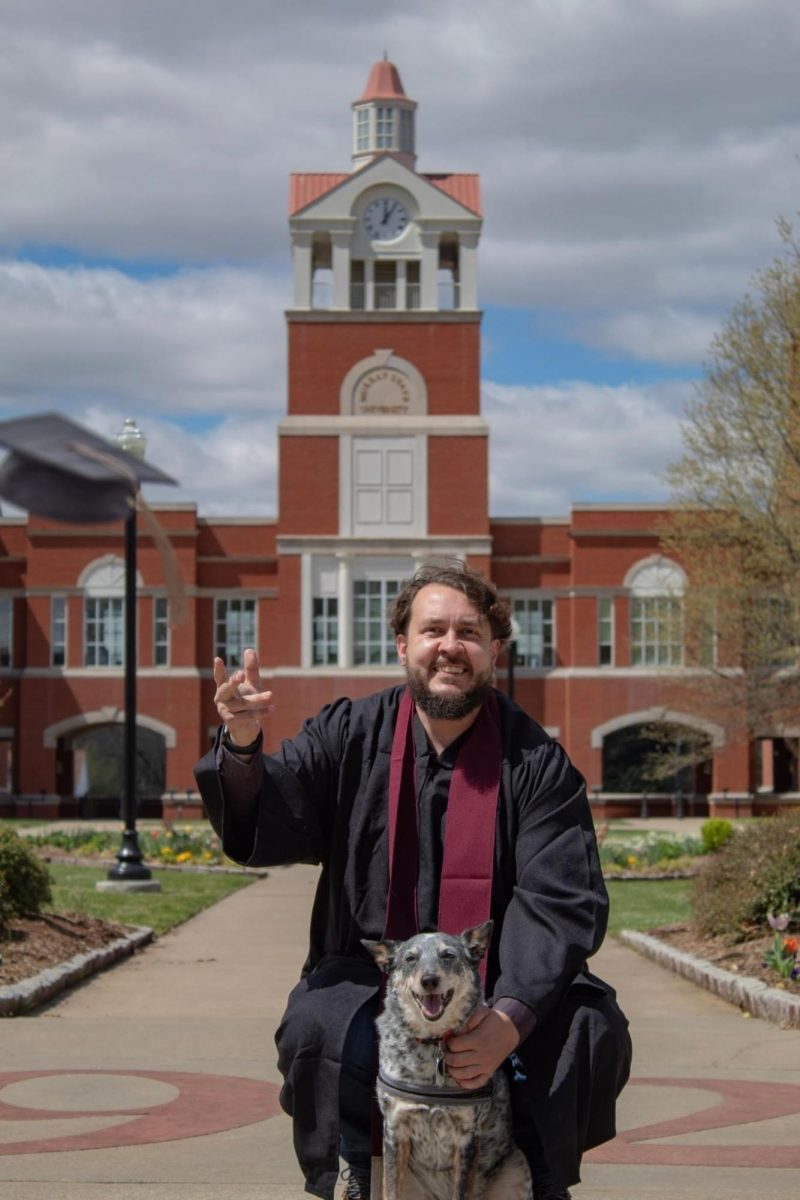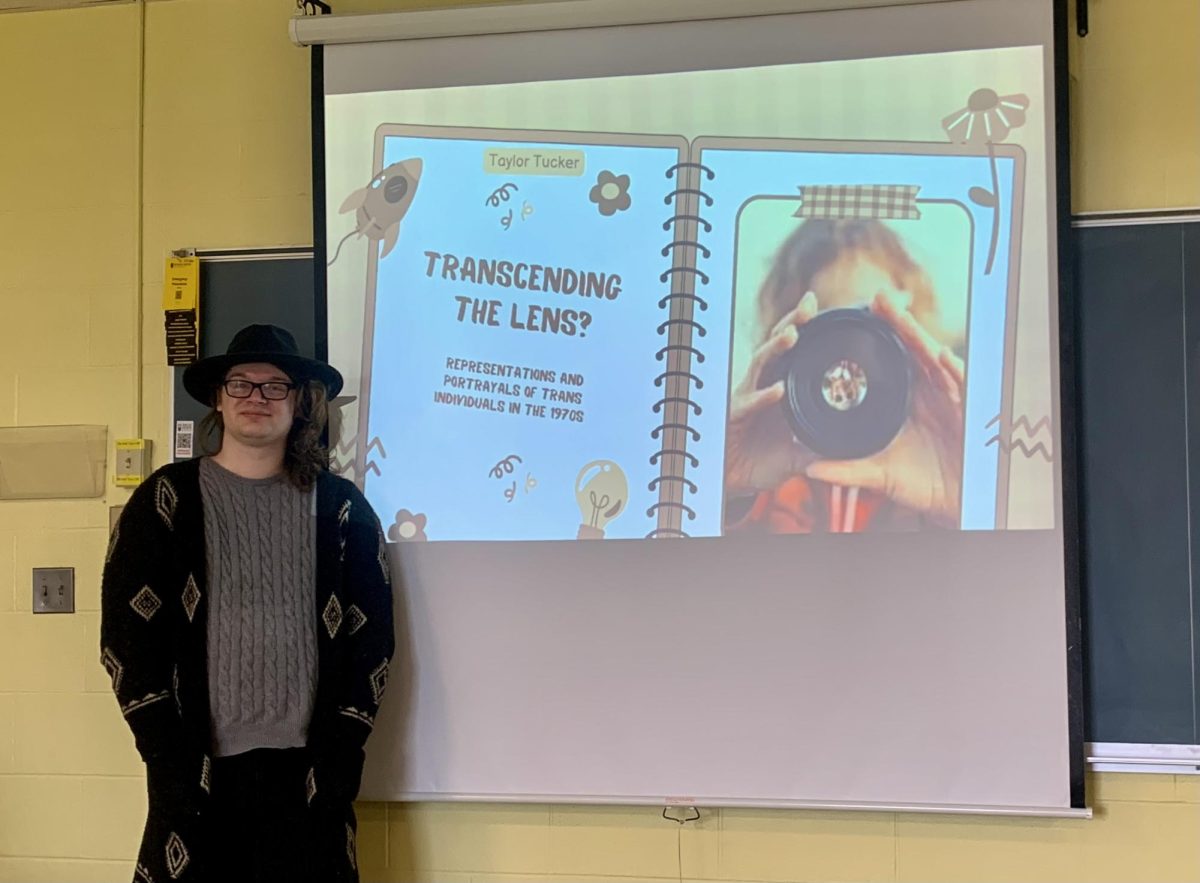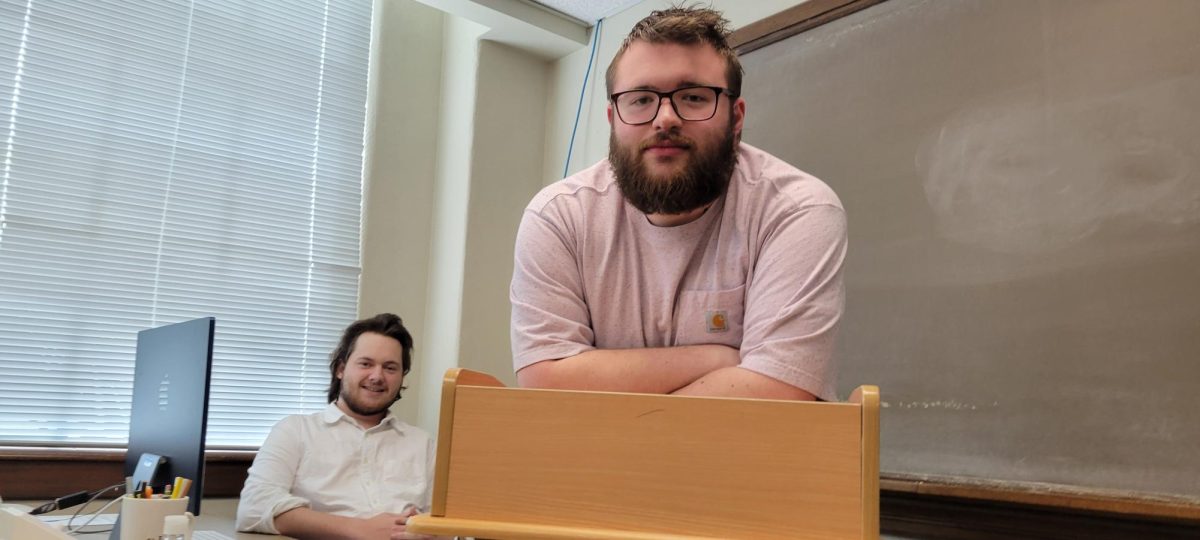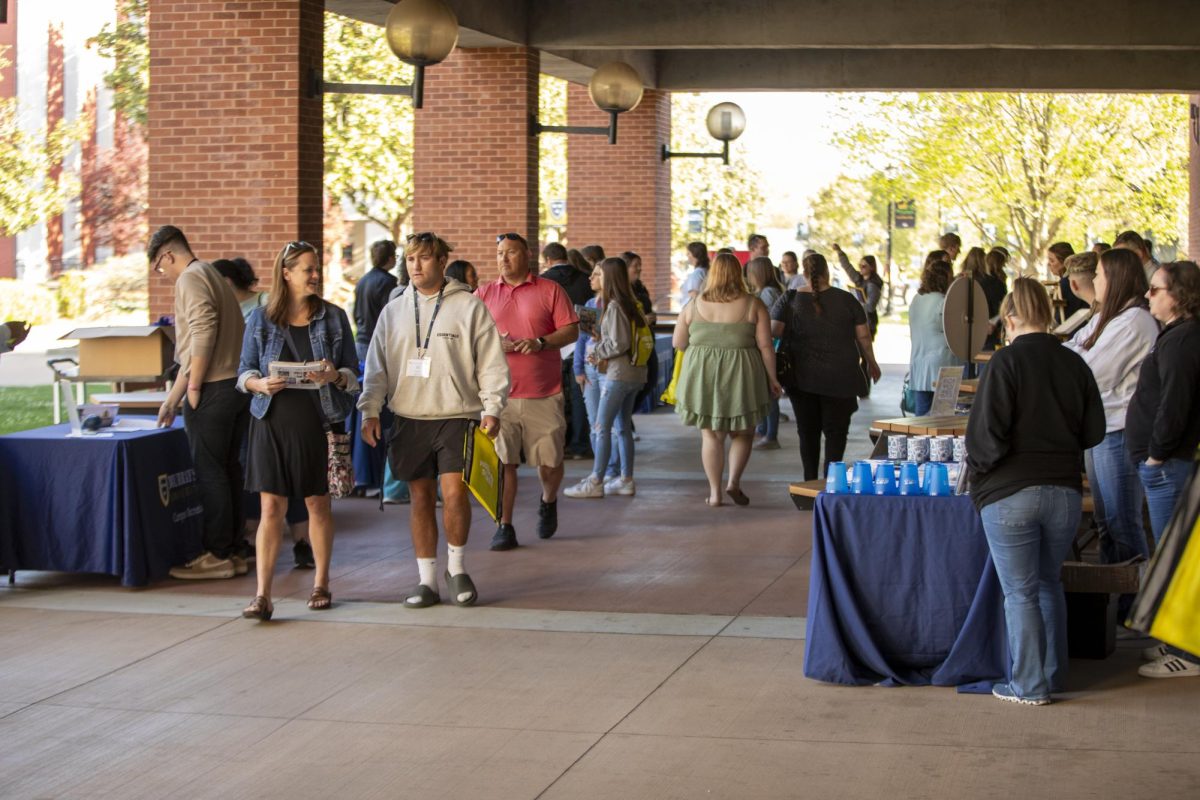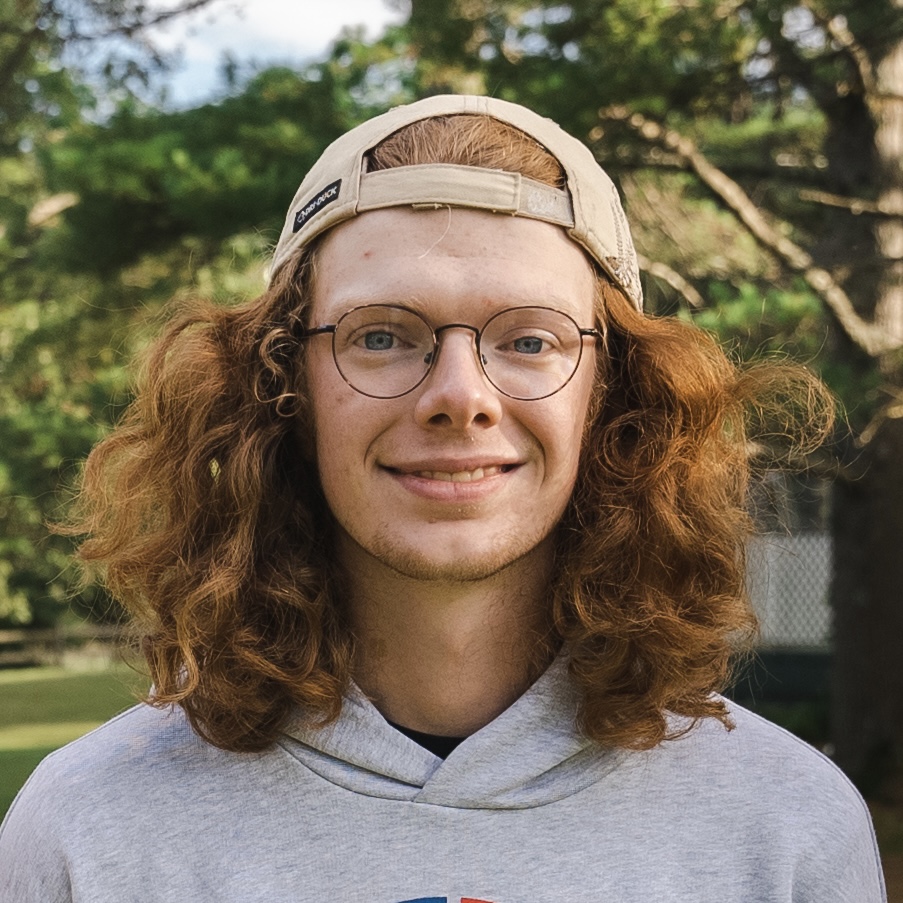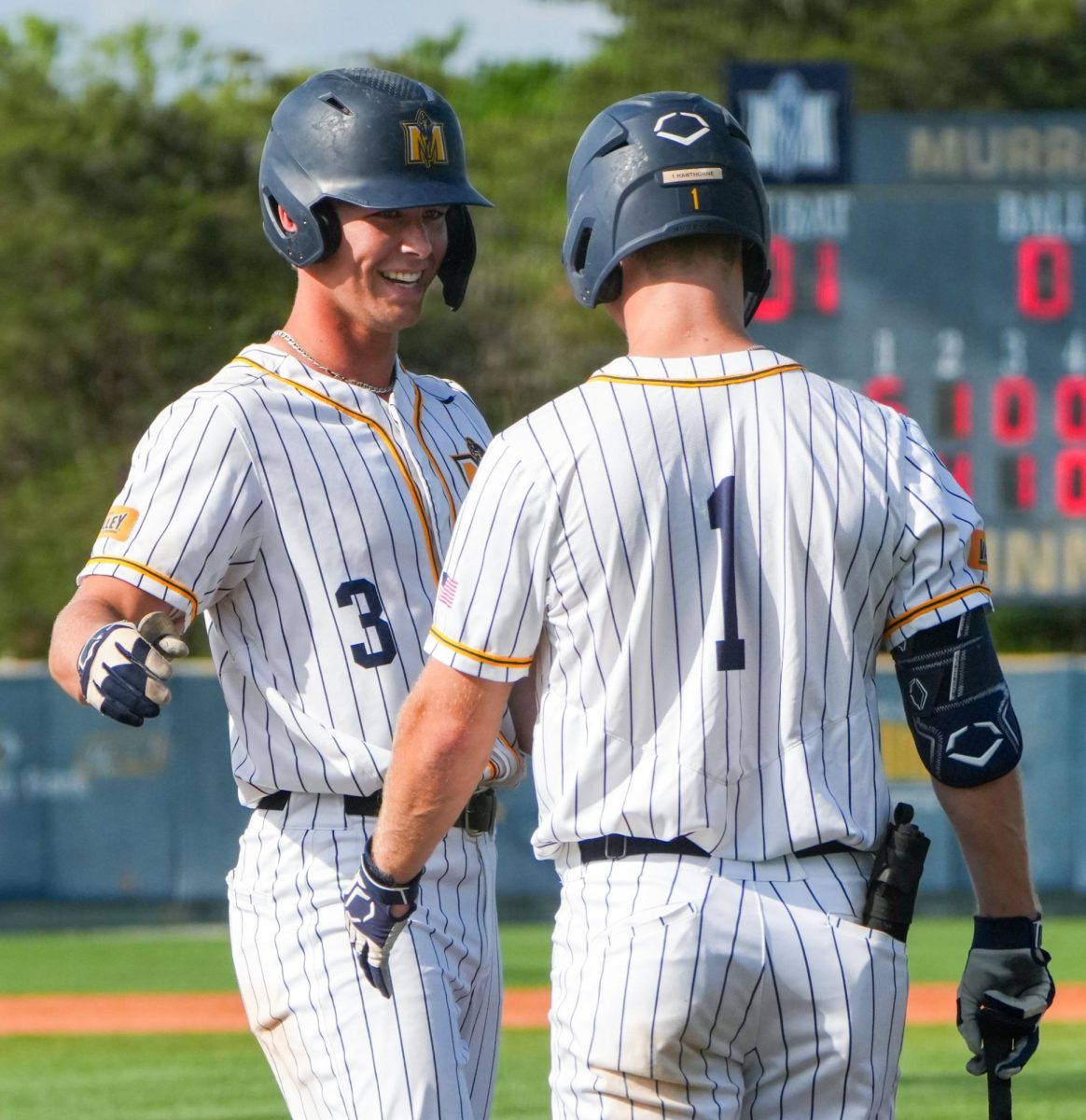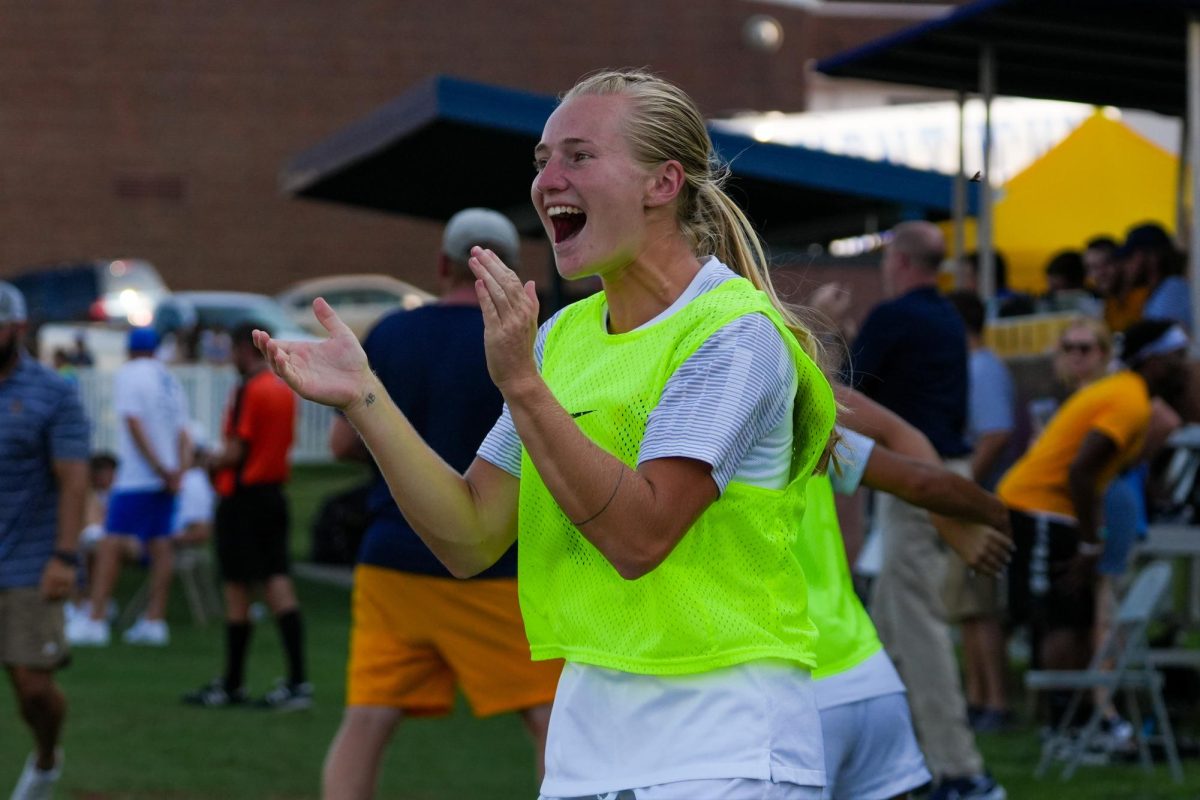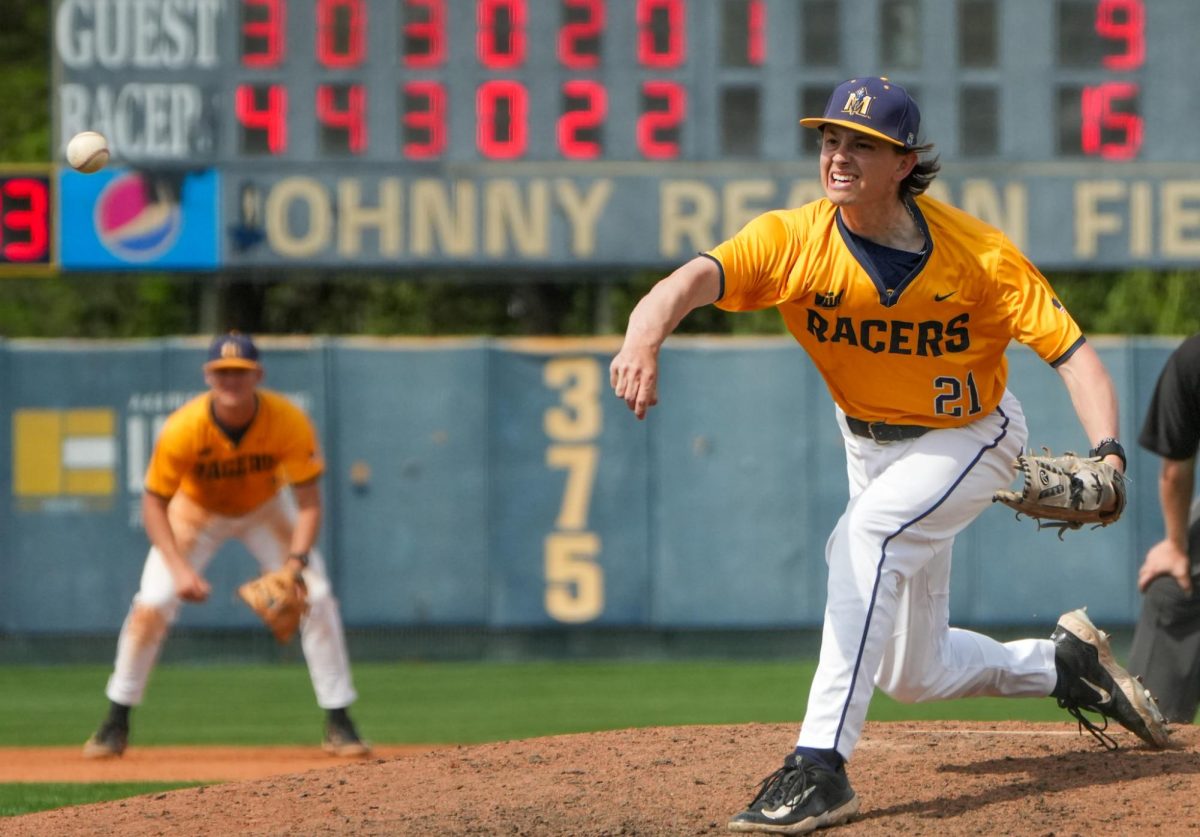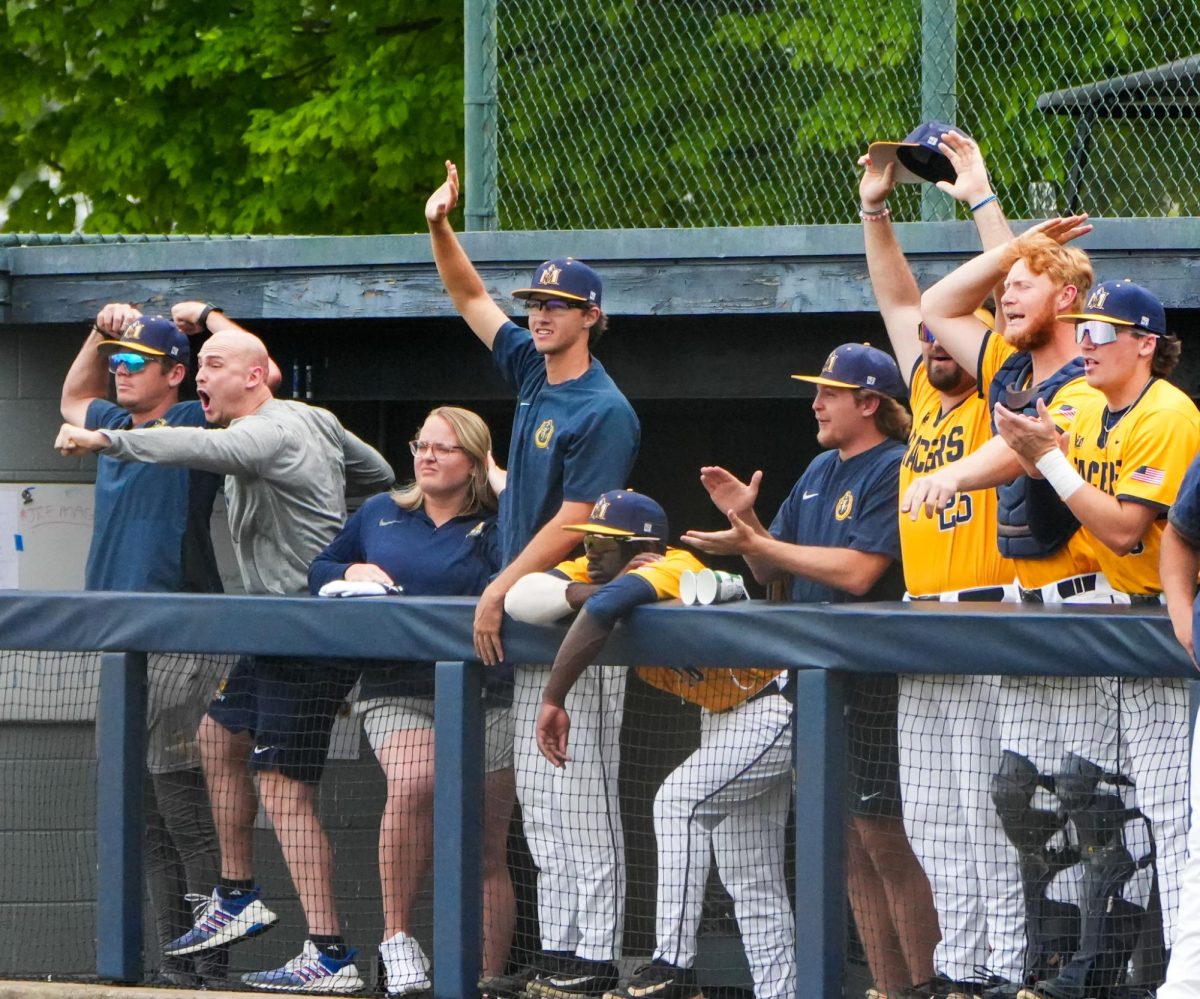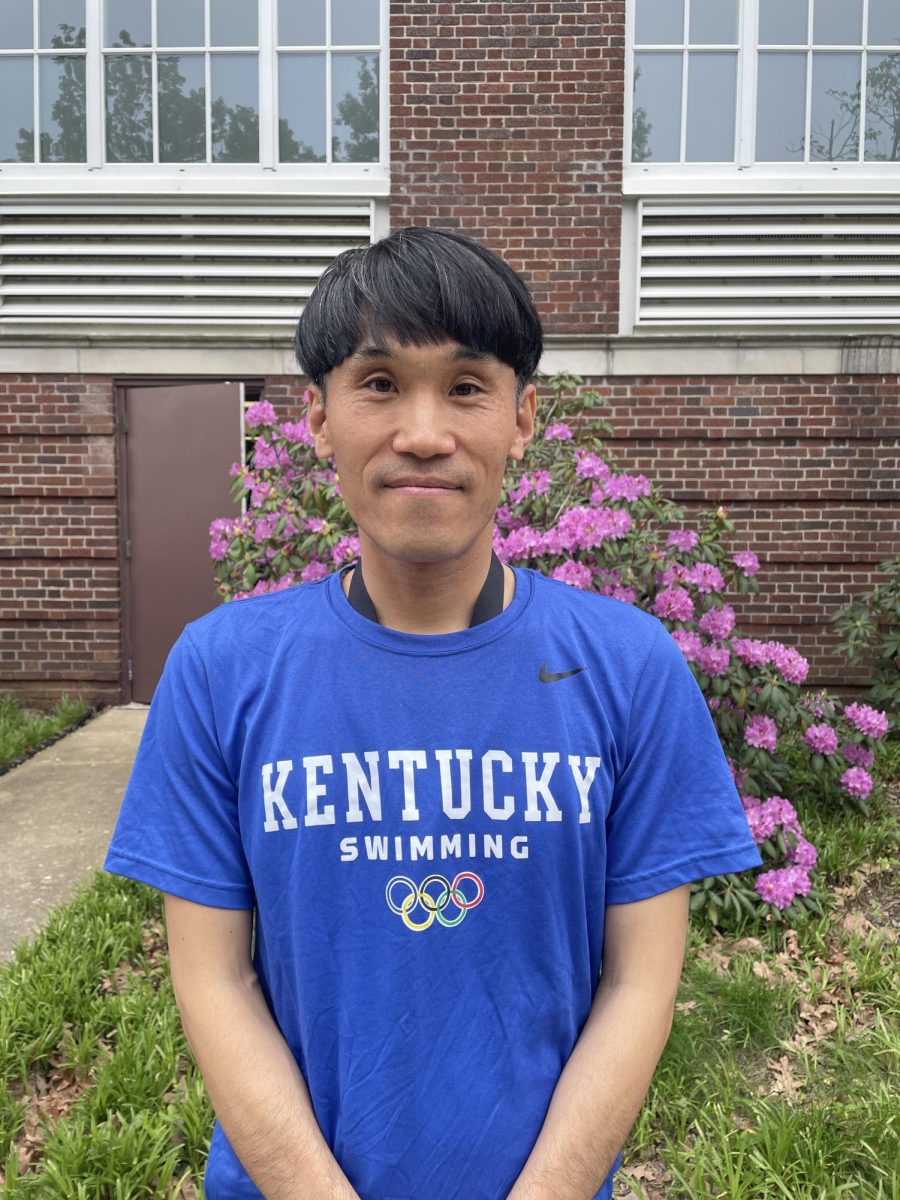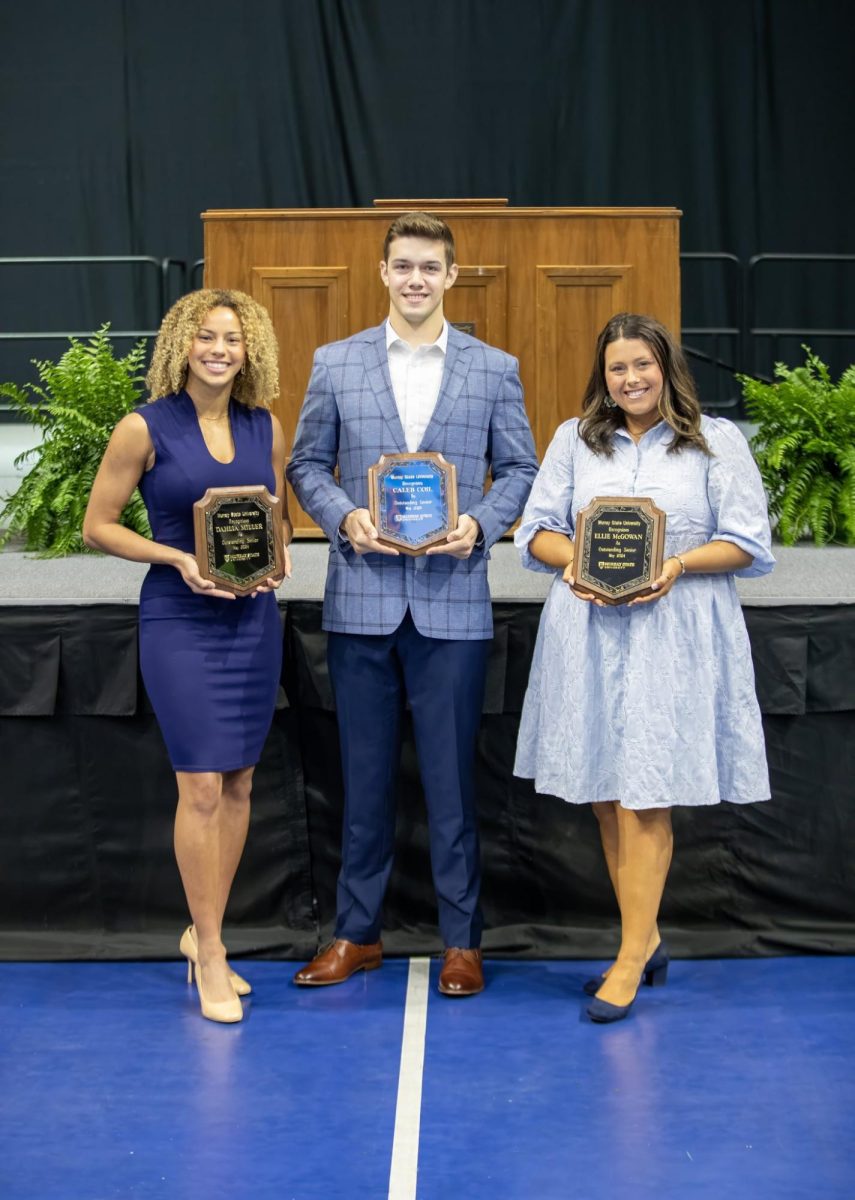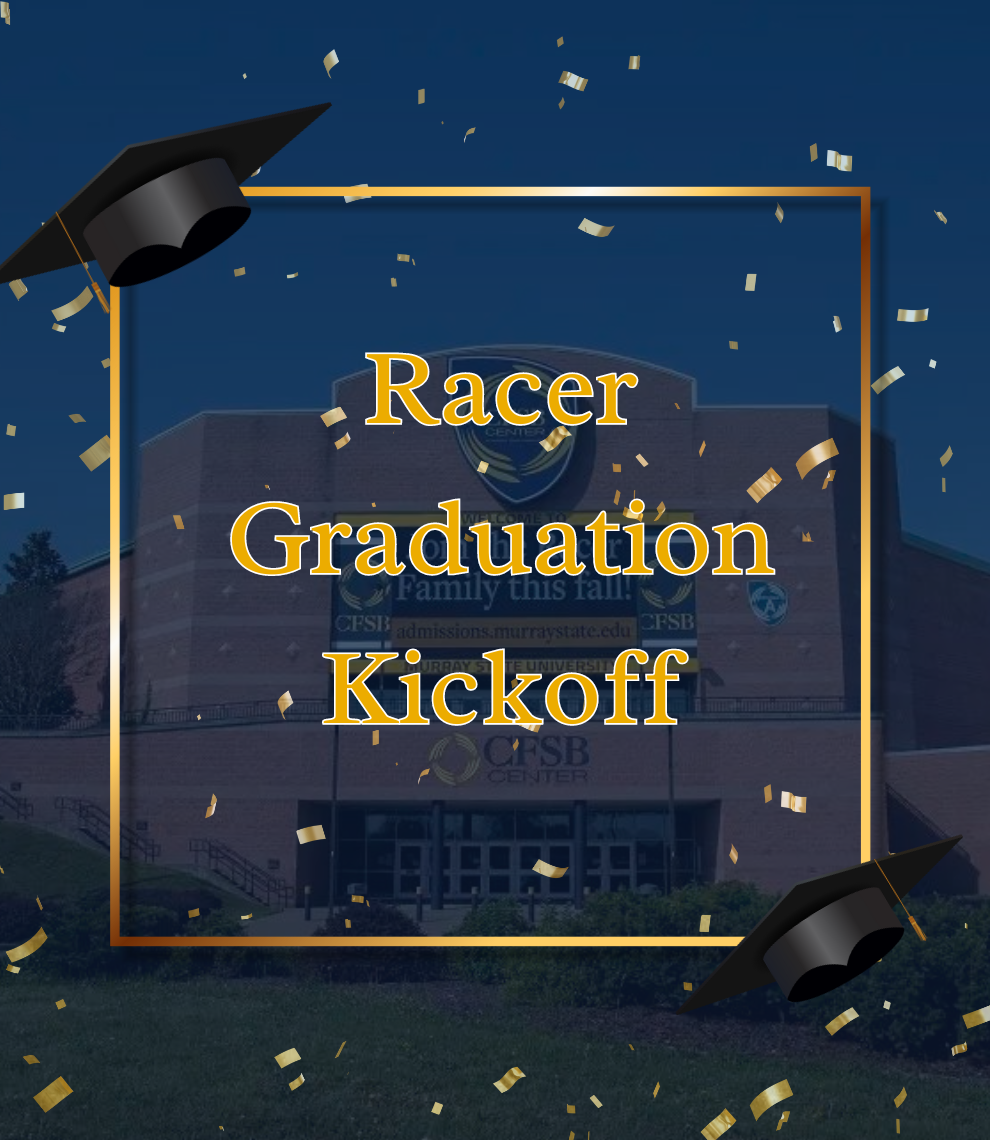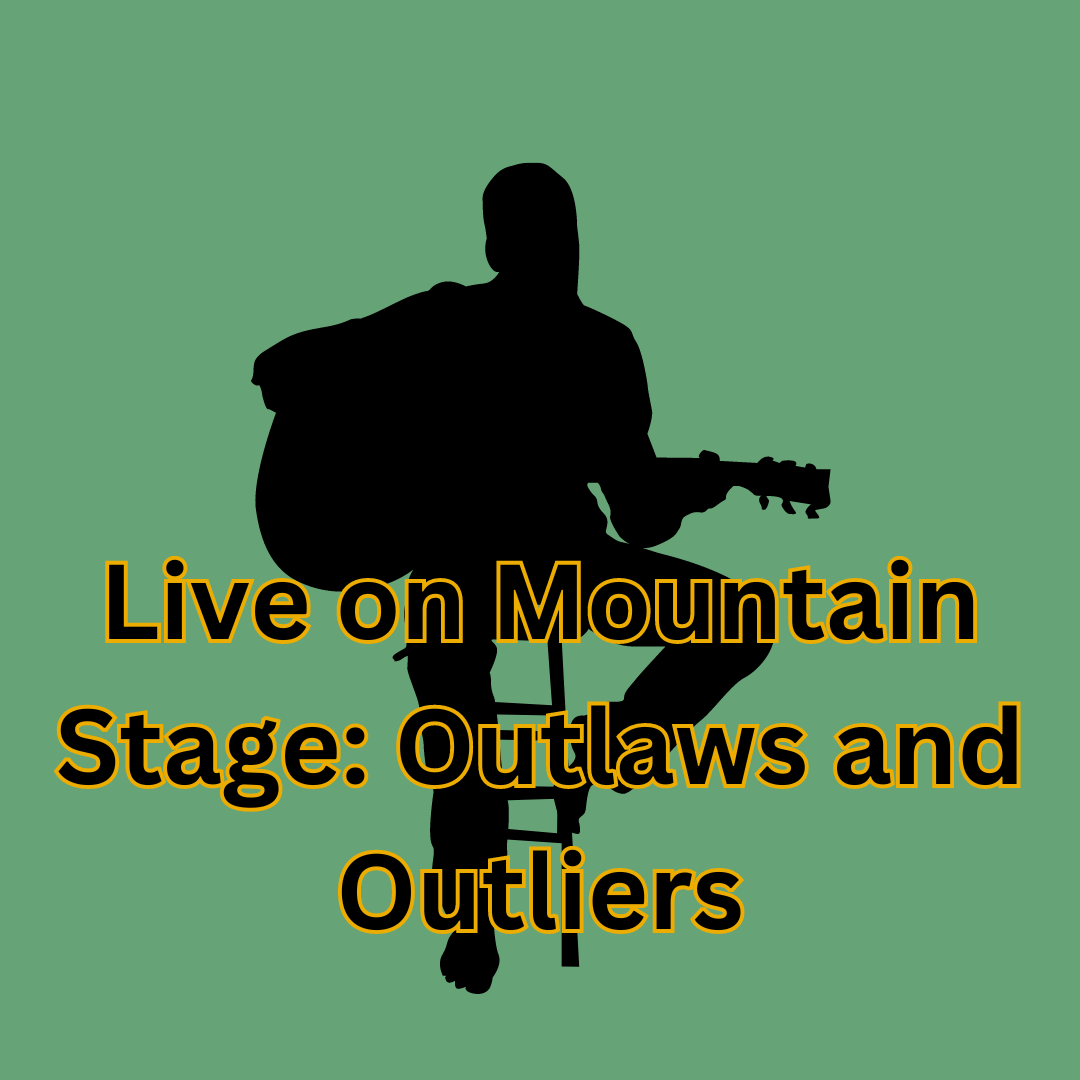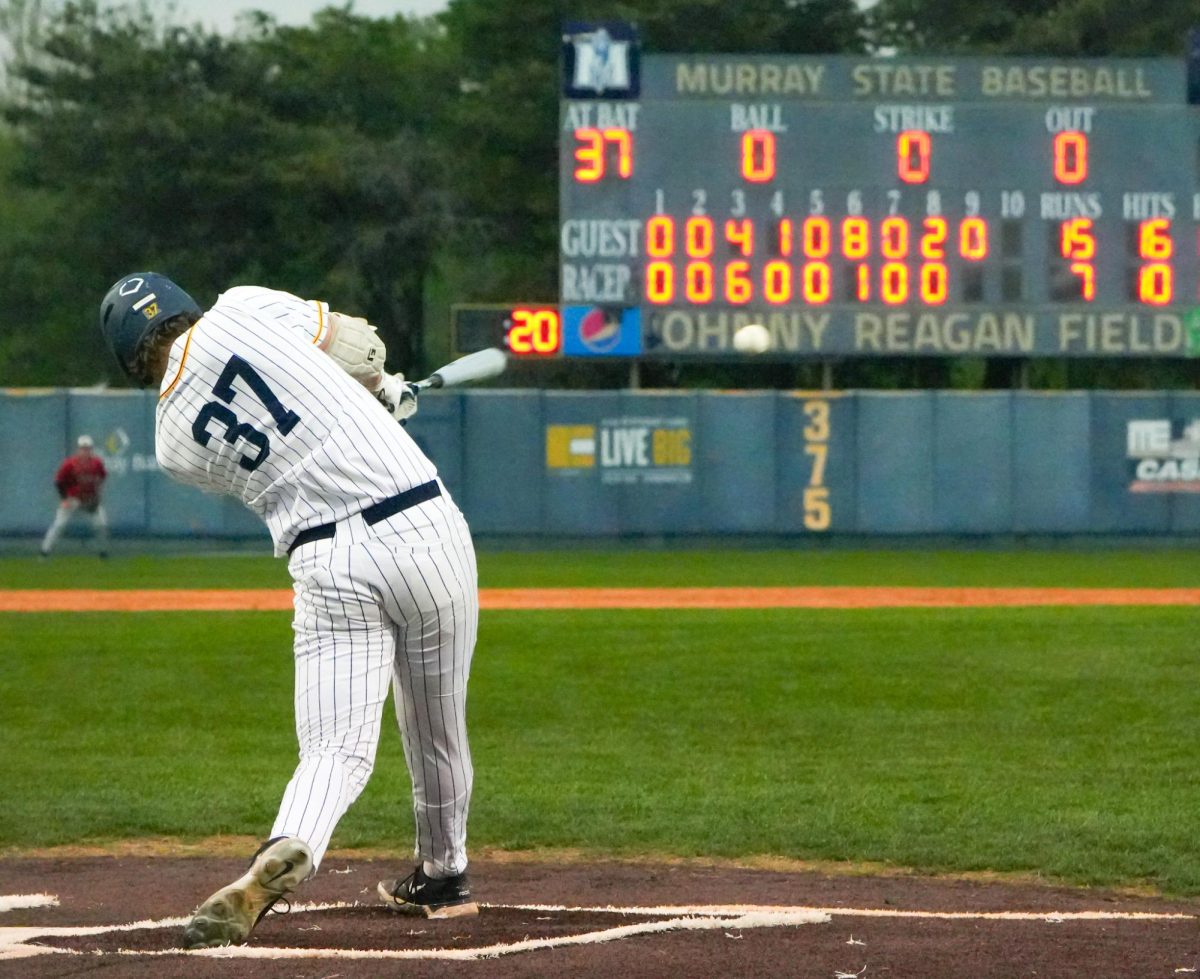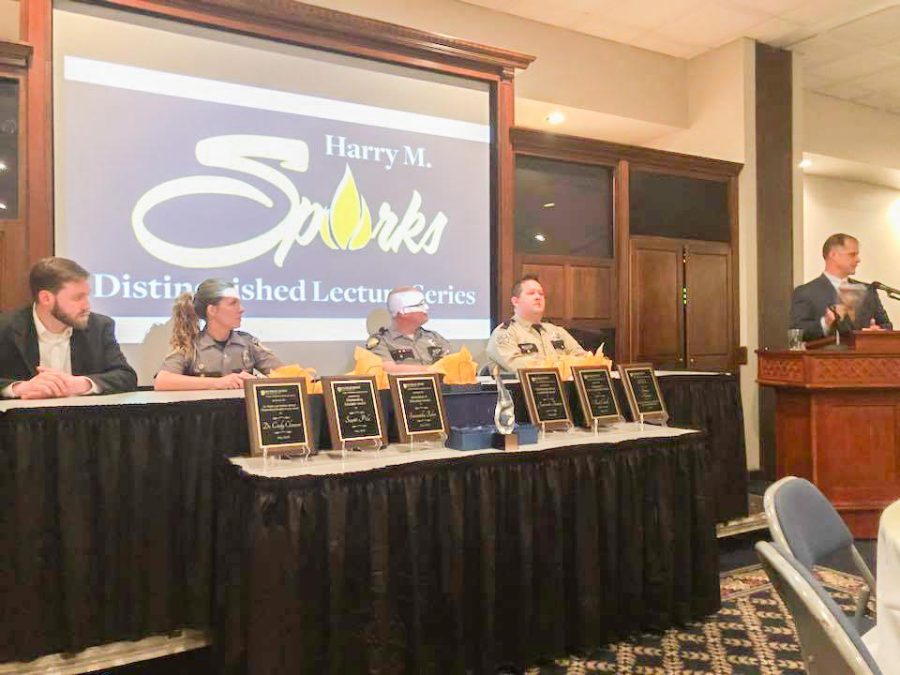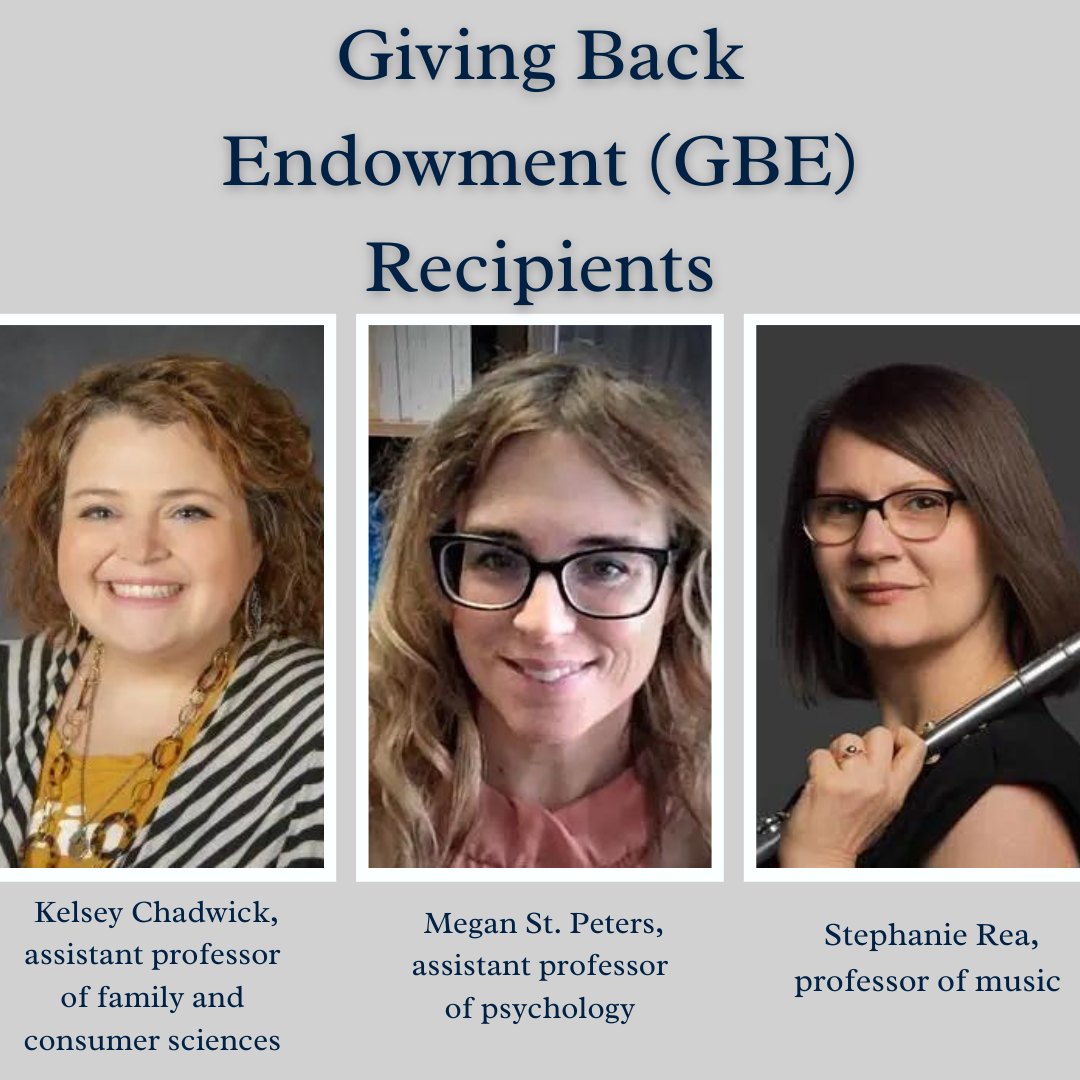Abbey Dickinson
Contributing writer
[email protected]
This year the 34th annual Harry M. Sparks Distinguished Lecture Series attempted to bridge the gap between law enforcement and their communities.
The event, held on May 1, focused on community policing. Discussion was led by a panel that included the Chief of the Paducah Police Department Brandon Barnhill, along with Kentucky State Trooper Jody Cash, crime analyst Michael Zidar, School Resource Officer Brandon Gallimore and Officer Trista Colson of the Murray Police Department.
Cash said community policing practices are proactive instead of reactive. It is when police interact with community members and take steps to prevent crimes before they happen.
“This is where police are identifying small problems before they become criminal problems,” Cash said.
However, the concept of community policing isn’t always easy to implement.
“Some of the challenges in community policing that I’ve seen, from a state police and state agency perspective, is that we cover such a large area and our troopers are usually pulled from one community to another,” Cash said. “So it is really hard to establish that relationship versus police who are focused in a smaller area.”
Cash said when he was assigned to Calloway County in the past, he was able to develop friendships and relationships with people in the community.
“A good relationship with you all is how we can prevent future activity from happening, not just responding to the specific call,” Cash said.
The event was hosted by the College of Education and Human Services. Dean David Whaley said the topic of community policing aligns well with Murray State’s criminal justice program, social work and other areas.
Michael Zidar, crime analyst with the Paducah Police Department, said people have many misconceptions regarding community policing and law enforcement.
“People don’t look at us like human beings,” Zidar said. “I mean really, we may have a different job than most people in society, but we still go home to a family and are still regular people. Whether we show it in our emotions or with a uniform on, but we, many of us, are still very caring and compassionate people.”


